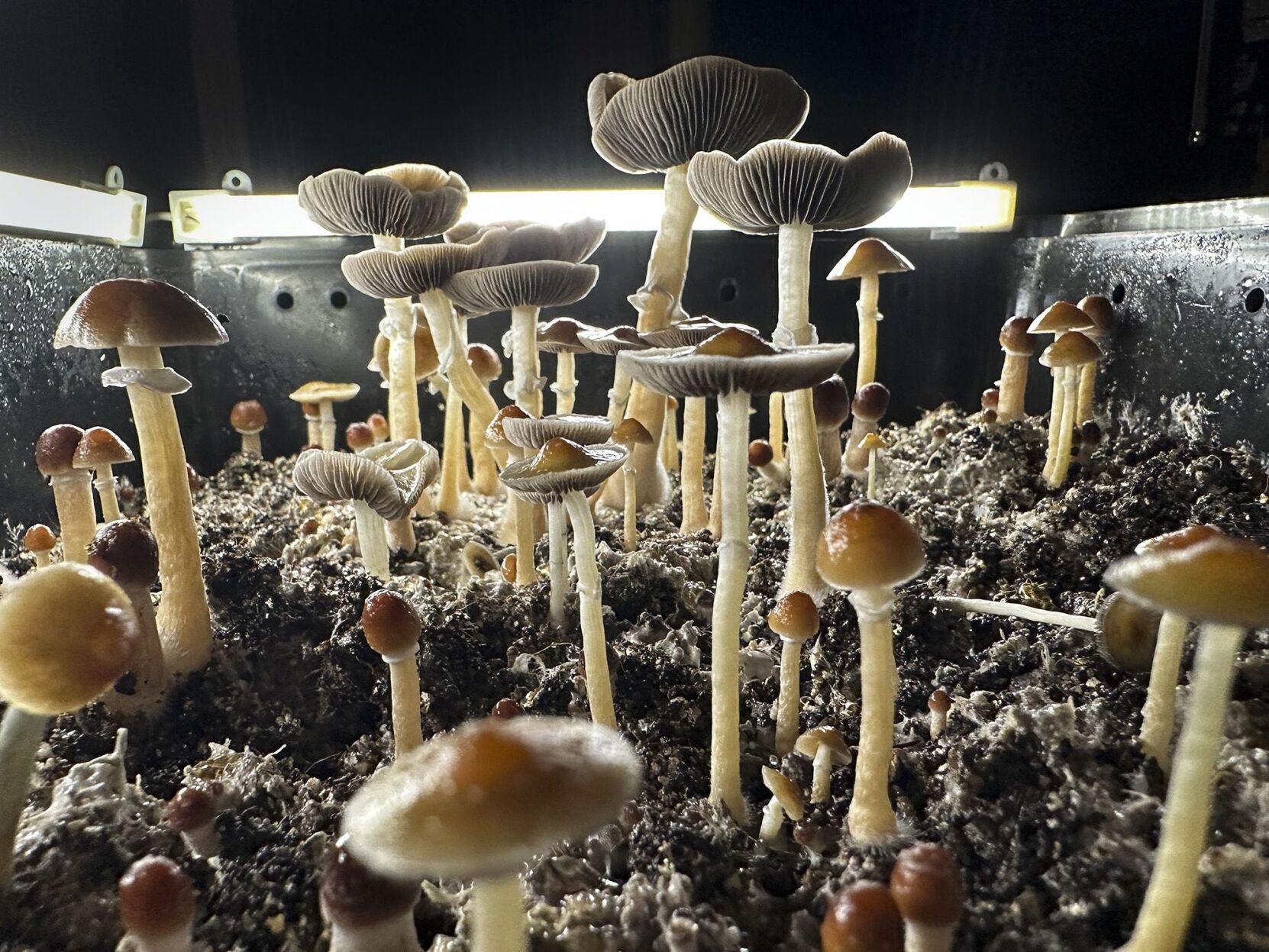A new study has found that unsupervised use of psilocybin, known as “magic mushrooms,” is accelerating across all age groups in the United States. This surge is particularly notable among adolescents and individuals over 30, leading to an increase in poison control calls.
Poison control calls are rising as more people use psilocybin, study finds

Key Takeaways:
- Unsupervised psilocybin use is rising in the United States.
- Adolescents and people over 30 are the most affected age groups.
- Poison control centers report more calls related to magic mushroom consumption.
- The trend highlights potential public health concerns.
Magic Mushrooms’ Popularity Leads to Health Concerns
The unsupervised consumption of psilocybin, commonly known as “magic mushrooms,” is on the rise across the United States. A new study reveals that this trend spans all age groups but is especially pronounced among adolescents and individuals over the age of 30.
Surge Among Adolescents and Over 30s
“Unsupervised use of psilocybin… has accelerated among all age groups in the United States, but especially among adolescents and people 30 and older,” the study found. This indicates a growing fascination or reliance on psychedelic substances beyond the typical demographic often associated with such drugs.
Increase in Poison Control Calls
As more people experiment with magic mushrooms without supervision, poison control centers have noted an uptick in related calls. This rise suggests that many users may be unaware of the proper dosages or the potential risks associated with psilocybin consumption. The lack of guidance increases the likelihood of adverse reactions, prompting emergency calls.
Understanding the Appeal
While the study highlights the growing use, it also raises questions about why these age groups are turning to psilocybin. Factors may include seeking alternative treatments for mental health issues, curiosity about psychedelic experiences, or the influence of popular culture. However, without proper supervision or information, users risk harmful side effects.
Health Officials Urge Caution
The increase in unsupervised use and resulting poison control calls signals a need for greater public awareness. Health officials may need to provide more education on the risks of psilocybin and guidance on harm reduction strategies.
Conclusion
The rising popularity of magic mushrooms underscores a significant shift in drug use patterns in the United States. With adolescents and those over 30 leading the surge, it is crucial to address this trend through education and public health initiatives to prevent potential harm.











